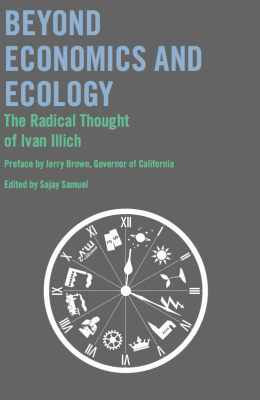Description
This post is also available in:
 العربية (Arabic)
العربية (Arabic)
Saudi Arabia: secret intelligence records 1926-1939
This is a very important collection because it consists of internal political telegrams which were never intended for international, or even external, examination. These telegrams provide a rare glimpse into the system of administration and the style of leadership of Sultan (King) Abdul Aziz ibn Abdul Rahman ibn Saud, ruler of Nejd-Hedjaz/Saudi Arabia from 1925-1953, and founder of the State of Saudi Arabia. The documents selected for this set are unusual in that they all originate from a single record class, HW12. The documents in HW12 are derived from wireless messages intercepted by British intelligence operatives at the Government Code and Cypher School, a department that was an intelligence-gathering unit formed in 1919. The level of secrecy attached to them meant they were not circulated within Whitehall and they were only released in 1997, this therefore, is their first large-scale public exhibition.
The advent of the telegraphic system must have made a fundamental difference to the administration of the huge region of Hedjaz–Nejd. Even so, the early telegrams in this collection give a sense of intense frustration felt by Abdul Aziz at the difficulty of communicating over the vast distances while maintaining any semblance of authority. Threats of punishment are somewhat diminished by the difficulty of carrying them out, as the communications technology had outstripped the reality of desert travel.
The early volumes, where telegrams reflect the attempts of Abdul Aziz to consolidate the country of Saudi Arabia, are full rumours of corruption and changes of allegiance from multiple sources and of threats from him to try to maintain order. Although his style emerges as even-handed, patient and diplomatic at times, at others he is infuriated by the incompetence of his lieutenants and officials. For example, he was much exercised by Ibn Zeid on the Iraq frontier in 1933 and explained to him that he had lessened his [i.e. Ibn Saud’s] sovereignty: “this is an admission on your part that he has more right than us in that territory”.
The telegraph is only one facet of the shift in the technology. The arrival of cars, which covered the desert distances so much faster than camels, was also a huge problem as the fuel needed to run them had to be imported. The cyphers are full of instances where the fuel has run out or had to be rationed and the tribal levies, who were previously mounted on their own camels which were their own responsibility, are stranded, often just when they were needed. This is indicative of a sea change in administrative responsibility which moved from the personal and local to central organisation. While this served to strengthen the King it brought with it all the problems of financing such a shift, of taxation and distribution of cash. These in turn meant that issues of tribal allegiance and border demarcation arose, until finally in 1935, on 4 September, oil is struck at Khabr in Al Hasa and the new resource changes the fortunes and future of Saudi Arabia.
Although the records also include communications between various levels of officials, including at one period all of the regional emirs, one senses the personal drive of the King behind everything. The sheer volume of messages and directives sent over his name on any given day, at times covering very complex or delicate negotiations with neighbours and rivals, are a testimony to the vigour and authority of his reign. On the 4/5 March 1933 he sent 8 long and complex messages, giving detailed instructions dealing with rebel tribes during the Asir revolt, and with the practicalities of defence. During the Saudi–Yemen war in 1934 he provided specific instructions to Amir Feisal after the capture of Taif:
“Reconnoitre the borders of Hodeida and address letters to the Southerners. Report on the auxiliaries with you, their state, loyalty and strength and send spies to the mountains … Do not forget the mountains in your rear because you have nobody behind you to be trusted …”
In late 1939, during the early stages of World War II, the nature of Saudi government business, or at least that which British intelligence concentrated on intercepting and decoding, alters radically. British interests such as Saudi arms purchases from the German Reich and the question of Saudi Arabia’s neutral status tend to dominate, as do messages from the Saudi representative in Berlin while there is a marked decrease in the number of intercepted messages referring to regional relations, tribal matters, taxes, development and intra-Arab relations. This is the natural point at which to close this collection of documents which focuses primarily on the policies and administration of the Third Saudi State from a Saudi Arabian point of view.
Saudi Arabia: secret intelligence records 1926-1939
For more books
This post is also available in:
 العربية (Arabic)
العربية (Arabic)
 English
English 




